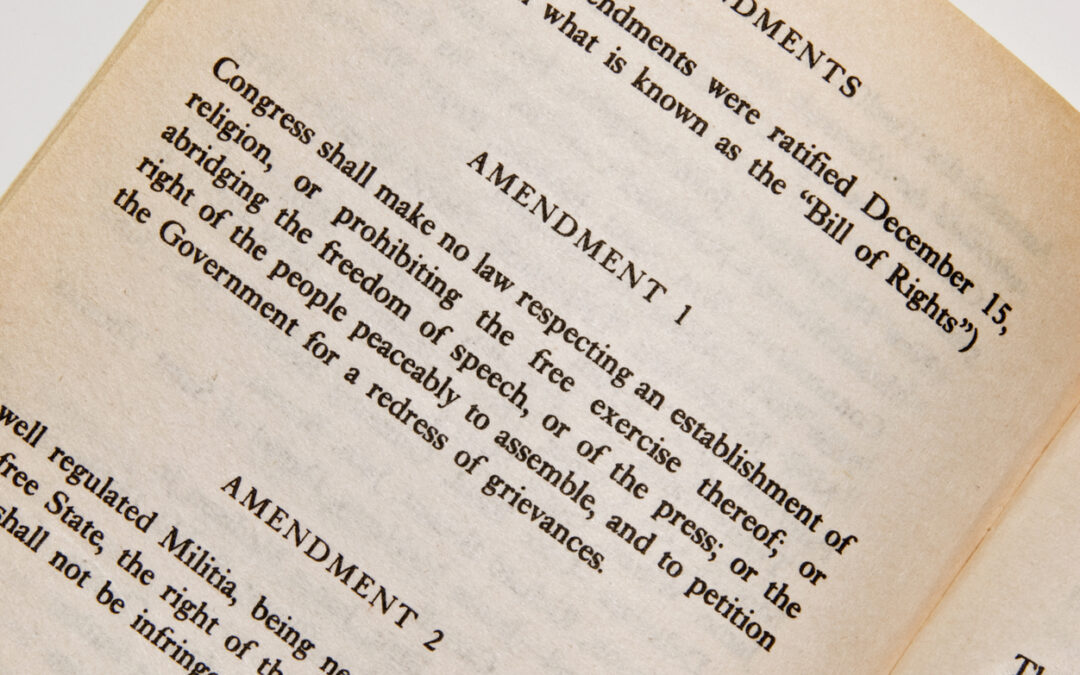In Mayhew v. Town of Smyrna, Tennessee, 2017 WL 1947877 (M.D. Tenn. May 11, 2017) the Sixth Circuit Court of Appeals reversed a summary judgment grant against Mayhew, an employee of the Town of Smyrna. In this case, Mayhew worked as lab supervisor for the Town’s wastewater treatment plant, overseeing the collection and analysis of test samples pursuant to state and federal environmental regulations. Mayhew’s supervisor, Chief Operator Noble, began to interfere with Mayhew’s job duties by doing things such as pressuring him to alter results, changing test data, and logging incomplete test results. Mayhew complained to Plant Manager Roberts, who began looking into the matter, but Roberts resigned (for unrelated reasons) a couple of months later. Mayhew then began to make his complaints up the chain of command to officials of the utilities department of the Town, who also began to look into his complaints and ultimately brought the issue to the attention of Harry Gill, the city manager.
However, Gill soon promoted Noble to plant manager and promoted Gill’s nephew, Kyle Gill, to Noble’s former position of Chief Operator. Mayhew then emailed the officials of the utilities department, complaining that both Noble and Gill had been hired outside the required hiring protocol and did not have the requisite qualifications. Mayhew also stated that he found it disturbing that the Town would promote someone like Nobles who had created a hostile work environment based on his previous complaints, with the potential for retaliation. The email was forwarded to Harry Gill, who was offended by Mayhew’s allegations and what he considered to be insubordination, and Mayhew was suspended. A meeting was then conducted with Mayhew, Harry Gill, the Town’s human resource director, the utilities director, and the city attorney. At the conclusion of the meeting, Gill terminated Mayhew as he did not feel Mayhew was willing to work with Noble without compromising his ethics.
Judge Trauger of the Middle District of Tennessee granted summary judgment for the Town, finding that as a matter of law Mayhew had not engaged in protected speech. The Sixth Circuit affirmed in part, and reversed in part. On Mayhew’s first claim that the reports of Noble’s misconduct were protected speech, the Sixth Circuit agreed with Judge Trauger. Specifically, the court held that Mayhew’s ordinary job responsibilities included the duty to oversee water sample testing required by state and federal regulations, including reporting requirements, and his complaints on those issues were therefore not protected speech. However, the court disagreed with the district court relative to Mayhew’s complaints regarding the hiring of Kyle Gill and Noble’s promotion. The court reversed on this issue, finding that Mayhew’s allegations that the Town did not properly follow hiring protocols which he included in his email, provided the Town with notice of a First Amendment claim. While the district court had concluded that Mayhew’s email dealt with a matter of personal concern regarding his job security and should be characterized in the nature of an employee grievance, the court disagreed. The court concluded that while Mayhew may have had personal reasons for some of what he said in the email, his allegation that the Town had violated its own hiring protocols by promoting two allegedly unqualified individuals – one who was the subject of his complaints and the other who was the decisionmaker’s nephew – reflected that his communications were not made for merely personal reasons.

